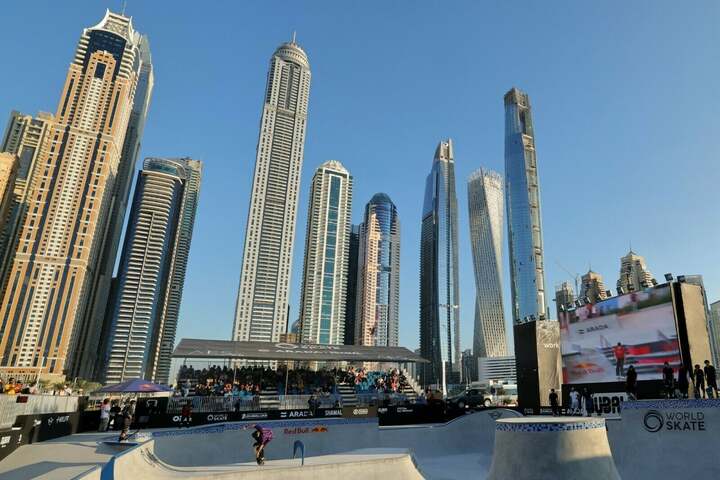In the first half of 2024, Pakistan experienced a notable increase in companies joining the Dubai Chamber of Commerce, with nearly 4,000 new Pakistani entities registering—a 17% rise compared to the same period in 2023.
This surge reflects Pakistan’s ongoing challenges in fostering a conducive business environment domestically. The country has struggled with political instability, inconsistent policymaking, and an economy heavily reliant on non-productive sectors, hindering its ability to develop a robust domestic market of over 240 million people. Additionally, Pakistan frequently seeks bailouts from the International Monetary Fund (IMF) and remains more vulnerable to economic shocks than its regional counterparts.
In the first half of 2024, Pakistan ranked second for new company registrations with 3,968 new members, trailing only behind Egypt, which had 2,355 new companies join. The Dubai Chamber of Commerce also welcomed a significant number of new members from other countries: Syria was fourth with 1,358 new companies, the UK fifth with 1,245, Bangladesh sixth with 1,119, Iraq seventh with 799, China eighth with 742, Sudan ninth with 683, and Jordan tenth with 674 new members.
The new member companies represented a diverse range of sectors. The trade and repairing services sector was the largest, making up 41.5% of the total new members. This was followed by the real estate, renting, and business services sector with 33.6%, construction at 9.4%, transport, storage, and communications at 8.4%, and social and personal services at 6.6%. Construction saw the most significant growth, increasing by 23.5% year-over-year, followed by transport, storage, and communications with a 13.6% rise, and real estate, renting, and business services with a 9.5% increase.
Overall, the Dubai Chamber of Commerce added 34,075 new member companies in the first half of 2024, marking a 5% increase from the previous year. This expansion was accompanied by a 6.7% rise in the value of exports and re-exports by its members, reaching AED 145.9 billion.










